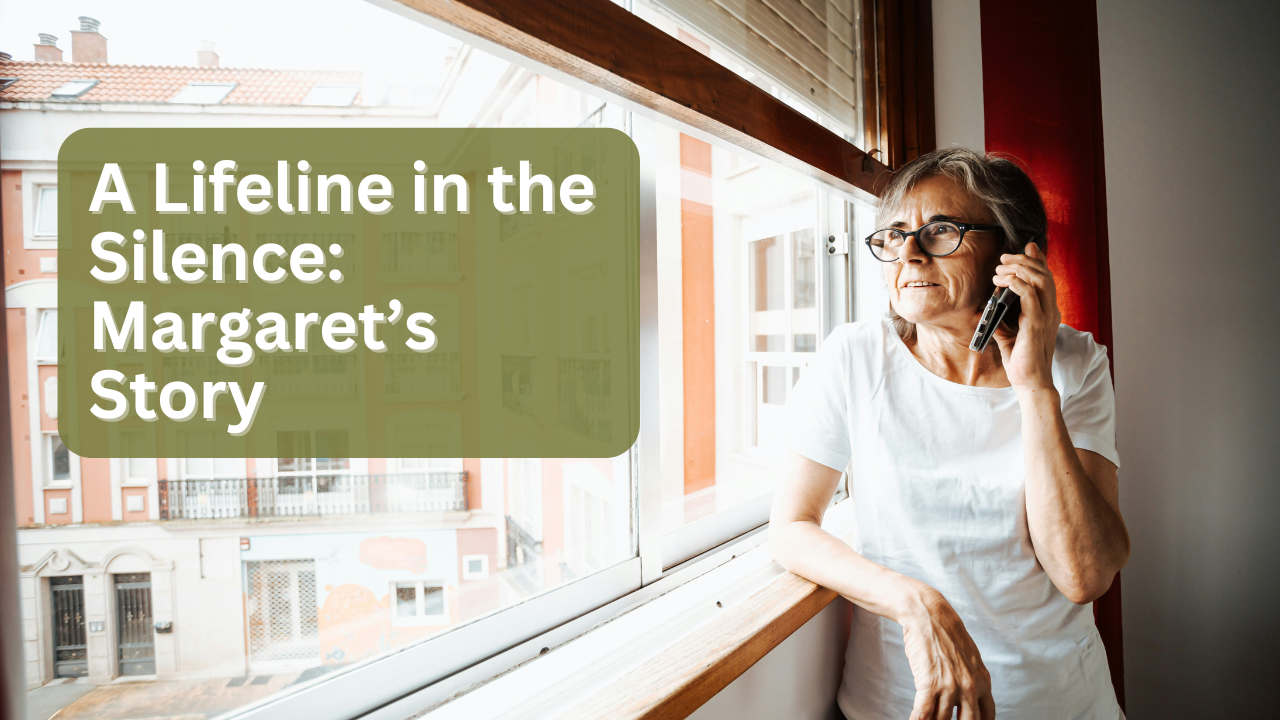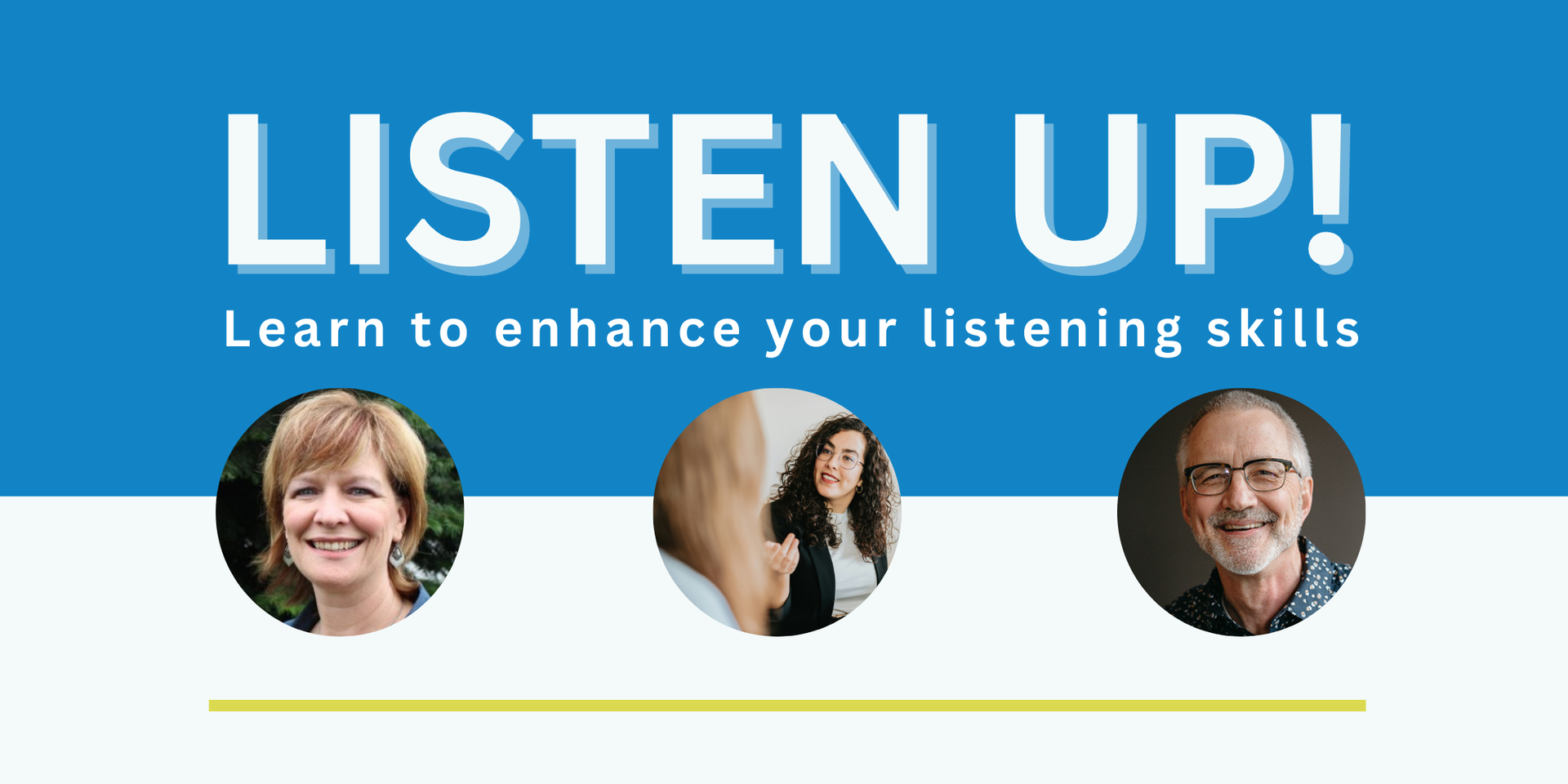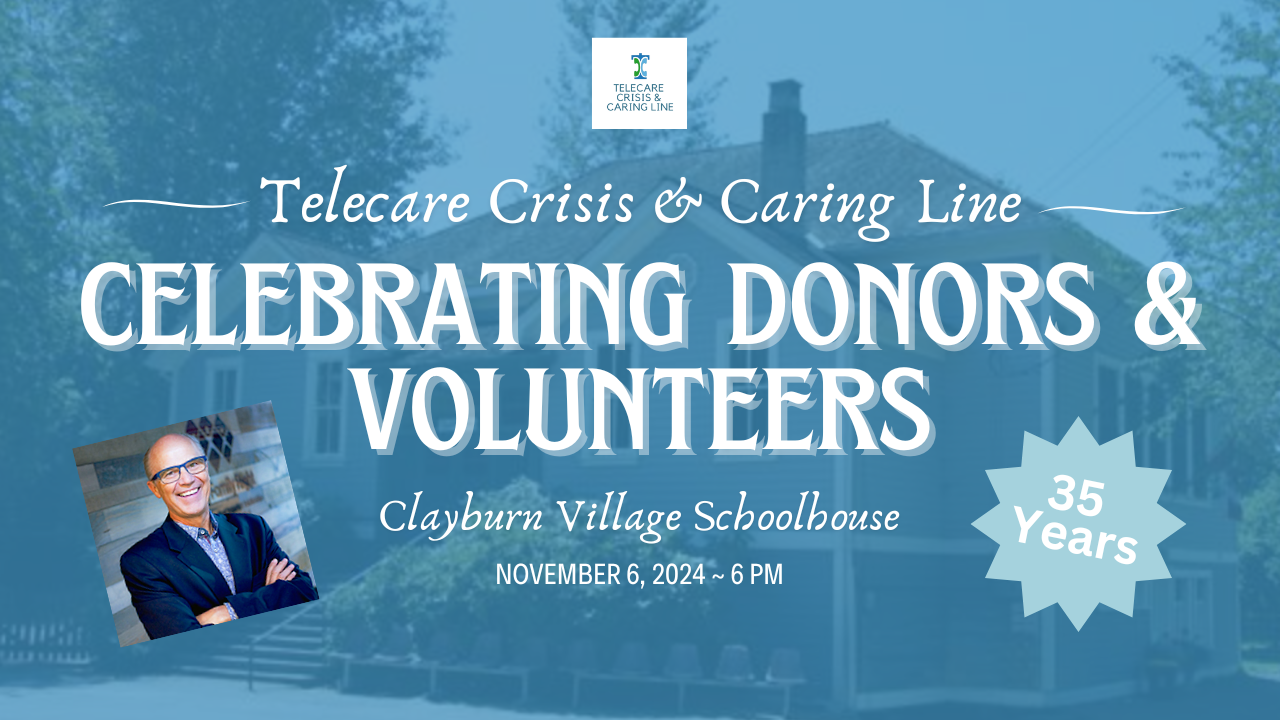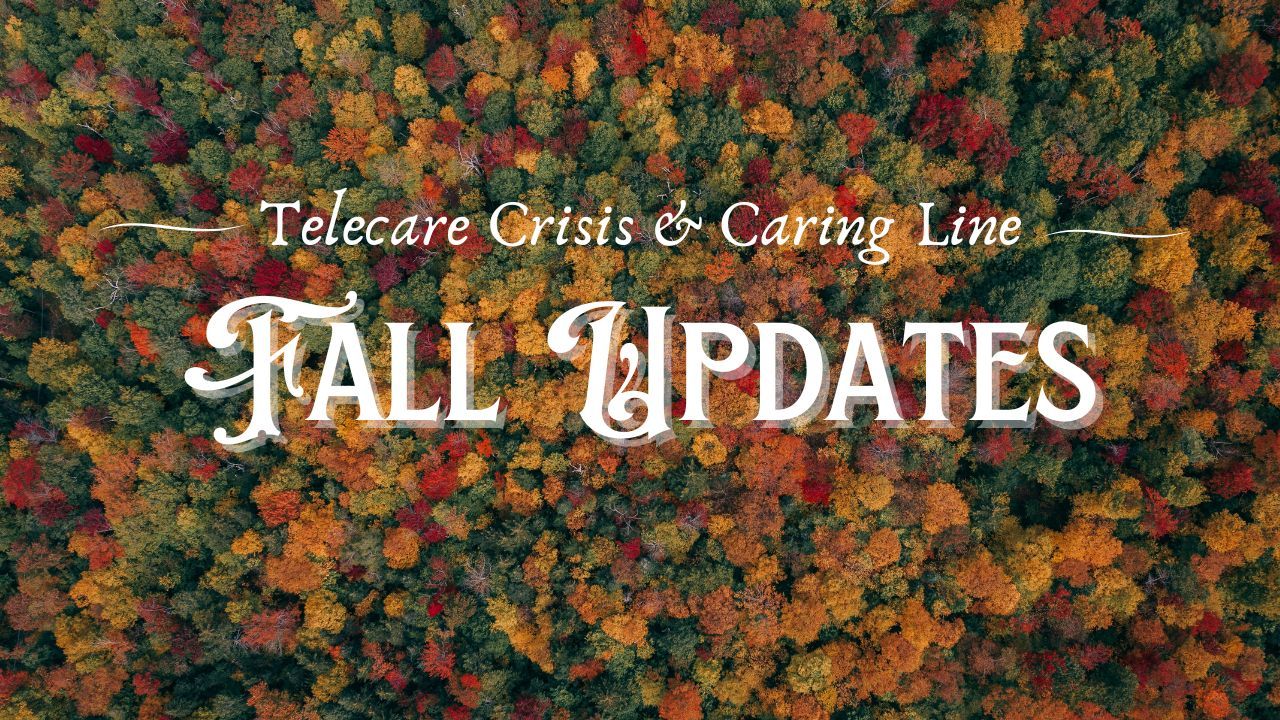PHONE FOR SUPPORT: 1-888-852-9099, 9 AM TO 9:00 PM, 7 DAYS A WEEK
Breaking Down Barriers: Understanding Common Stigmas in Mental Health

Mental health is an integral part of our overall well-being, yet it is often shrouded in misconceptions and stigma. Let's explore three common stigmas and how to receive help if needed.
1. Mental Health Issues Are a Sign of Weakness
One of the most pervasive myths is that experiencing mental health issues is a sign of personal weakness. This couldn't be further from the truth. Mental health conditions are complex and can be influenced by a myriad of factors, including genetics, environment, and life experiences. It's important to understand that having a mental health issue is not a reflection of one's character or strength.
2. Mental Health Problems Are Rare
Another common misconception is that mental health problems are uncommon. This stigma can make individuals feel isolated and abnormal when they experience mental health challenges. In reality, mental health issues are quite common. According to the World Health Organization, one in four people in the world will be affected by mental or neurological disorders at some point in their lives.
3. People with Mental Health Issues Are Unpredictable or Dangerous
There's a harmful stereotype that portrays individuals with mental health issues as unpredictable, unstable, or dangerous. This stigma is not only untrue but also contributes to the discrimination and social exclusion of people with mental health conditions. The truth is, people with mental health issues are more likely to be victims of violence than perpetrators.
Seeking Help: A Step Towards Healing
If you or someone you know is struggling with mental health issues, remember that seeking help is a sign of strength, not weakness. Here are some steps you can take:
- Talk to a Healthcare Professional: A good starting point is to talk to your primary care physician. They can provide initial guidance, support, and referrals.
- Consult a Mental Health Specialist: Psychologists, psychiatrists, and therapists are trained to diagnose and treat mental health conditions.
- Reach Out to Support Groups: Sometimes, talking to others who have had similar experiences can be incredibly helpful.
- Educate Yourself and Others: Understanding mental health can help reduce stigma and encourage more people to seek help.
- Talk to Telecare. We’re here to help people in crisis and make referrals to mental health professionals like the ones listed above.
Remember, mental health is just as important as physical health. By addressing these stigmas and seeking help when needed, we can create a more understanding and supportive society for everyone.
Need Someone to Listen?
Remember, you're not alone on this journey. If you're seeking a compassionate ear and a heart that understands, we encourage you to call us. Support is just a phone call away. See below for information how to connect with us.
Discover Hope in Every Email
Join our community for uplifting stories, expert advice, and a path to healing.
Get the support you need
For Crisis or Emotional Support Call:
- 604-852-9099 in Abbotsford and Mission
- 1-888-852-9099 toll free throughout British Columbia
- If you are in a life threatening crisis, please call 911
Recent Posts
> End your Anxiety: A Prayerful Approach
> Renew your Strength – God's Promise to You
> Bible Verses that Help When You're Afraid | Telecare











